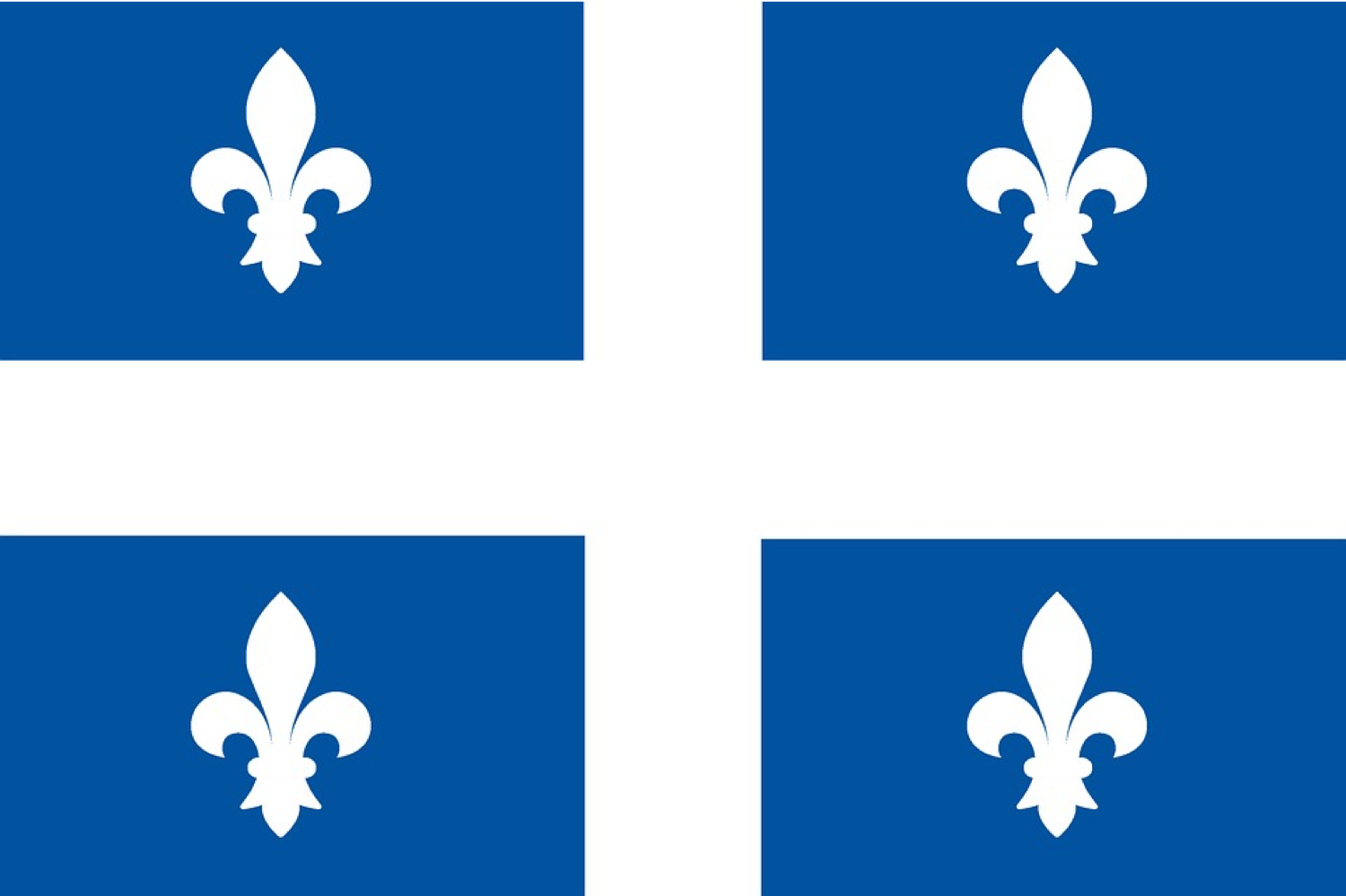Deprescribing Initiatives in Canada
Everywhere in Canada, patients, health providers and policy makers are making sure deprescribing is part of routine patient care. Check out these programs to learn more!
ALBERTA
MedWise: promoting the patient-pharmacist partnership
University of Alberta, Faculty of Pharmacy and Pharmaceutical Sciences
The MedWise program focuses on empowering seniors about how to start a conversation with their pharmacists about their medications, potential benefits and harms, as well as non-drug alternatives to medications. Through MedWise, seniors learn from other seniors and pharmacy experts, who help seniors boost their self-confidence and knowledge about medications through role-playing, group problem solving and sharing ideas/experiences.
Contact Dr Linda Kolewaski or Dr Cheryl Sadowski for more information
British Columbia
A Pharmacists Clinic in service of the community
University of British Columbia (UBC), Vancouver
The Pharmacists Clinic at the University of British Columbia is where patients receive one on one time with an expert pharmacist to address their medication questions, demystify complex drug treatments and optimize their drug therapy outcomes. Most patients at the clinic take multiple drugs and want information and advice on what to continue, what to reduce or omit, and how to do this safely. Family physicians and specialists also refer patients when they are faced with a long medication list and need pharmacist input on services such as de-prescribing.
Pharmacist services are publicly funded and provided at no charge to patients either in-person (at the UBC Vancouver campus), in selected Lower Mainland medical offices, by telephone or by secure videoconference. The clinic primarily serves British Columbia, and some residents of other provinces/territories.
Care is focused on achieving the patient’s goals in collaboration with other members of the care team, including the patient’s local community pharmacist.
See the UBC Pharmacists Clinic website for more information or to request an appointment.
Contact the UBC Pharmacists Clinic or call 604-827-2584
Manitoba
Supporting sedative deprescribing through education and resources
Prairie Mountain Health (PMH)
The Prairie Mountain Health (PMH) Safe Sleep Advocacy Committee (formally called PMH Sedative Deprescribing Initiative) is committed to building the capacity of health care providers such as physicians, nurse practitioners and pharmacists in the community, acute care and long-term care settings. The project aims to engage patients in shared decision making after being provided information about the risks of sedative hypnotic medications as suggested in the Choosing Wisely/Canadian Deprescribing Network Drowsy Without Feeling Lousy toolkit.
Some highlights of this initiative include: New PMH sleep promotion documents and a staff education toolkit were created; an educational webinar was recorded; deprescribing was incorporated in the PMH electronic health record; and the PMH Health Promotion and Community Development department now conduct safe sleep presentations to community groups. For inquiries or comments, please email sedativedeprescribing@pmh-mb.ca.
NEWFOUNDLAND AND LABRADOR
Therapeutic pharmaceutical services to help you get the most benefit from your medications
Memorial University, St. John’s
The Medication Therapy Services Clinic, or MTS Clinic, is a “pharmacist-clinic” run by the School of Pharmacy at Memorial University. The clinic pharmacists see patients by appointment to provide in-depth medication assessments, and work with patients, their doctors and community pharmacists (and other health providers) to ensure they are taking the best medications for them, and using them in a way to ensure they are receiving the full benefit. Patients can be referred by their health provider or call themselves to book an appointment anytime.
Visit the MTS Clinic website for more information.
Ontario
Treating insomnia in older adults: a team approach to deprescribing
North York Family Health Team, Toronto
After reviewing data from their electronic medical records showing that 10% of the 20,000 seniors in their patient population had been prescribed a sedative hypnotic drug, the North York Family Health Team (NYFHT) decided to put in place a quality improvement initiative. They arranged an insomnia reduction program for seniors with the intent to reduce the use of sedatives such as benzodiazepines.
This multi-disciplinary program was divided into two parts:
Firstly, a consultation with a pharmacist: an individualized assessment and recommendations for weaning off sedative hypnotic medications, with follow-up as needed;
Secondly, a group-based cognitive behavioural therapy for insomnia (CBT-I) program lasting seven weeks and facilitated by a social worker, pharmacist and dietitian.
Among participants completing the first part of the program, 75% successfully reduced their usage of sedative hypnotics, while 20% ceased completely. 79% of participants completing the second part of the program reported an improvement in sleep quality and mood.
This project was the 2017 recipient of the Association of Family Health Teams of Ontario’s Bright Lights Award for the category Clinical Innovations for Specific Populations!
Click here for contact information.
An innovative inpatient & outpatient deprescribing program
Winchester District Memorial Hospital (WDMH), Winchester
WDMH’s deprescribing program supports patients by removing unnecessary medications and/or replacing the medication with a safer alternative to improve the patient’s quality of life.
Patients who meet the program criteria are assessed by a multidisciplinary team. WDMH pharmacists consult the patient’s family doctor, specialists and local pharmacies. From there, medication changes are made, patients receive restorative care and are monitored carefully. At discharge, the entire care team receives a full report and the patient is followed regularly (1 day, 1 week, and 1 month post discharge).
This program lasts 1 to 4 weeks based on each individual’s medical conditions and the number of medications currently taken. The deprescribing team is now offering its services to residents in the Winchester area, reaching out to community members and healthcare providers.
Click here for more information
Quebec
Agir pour mieux dormir: a pioneer deprescribing program
CLSC de la Haute-Ville, Quebec City
The Agir pour mieux dormir program helps people over age 55 gradually reduce their sleeping pills and offers non-drug alternatives for insomnia. A pharmacist and nurse provide support through five group sessions (in groups of eight) to inform participants about sleep, insomnia and the risks of using sleeping pills. Private meetings with a pharmacist are also possible. This program is offered free of charge at the local community service center (CLSC) de la Haute-Ville.
Click here for more information (program available in French only)
SASKATCHEWAN
Provider and patient-centered support to ensure appropriate use of opioids
Saskatchewan Health Authority
The Opioid Stewardship Program supports clinicians and patients with evidence-based education on the appropriate prescribing of opioids as well as other, non-pharmaceutical alternatives.
The Opioid Stewardship Program relies on peer-to-peer training. Pharmacists and physicians offer one-on-one education based on evidence-based best practices and guidelines in chronic pain management, substance use disorders, and mental health. This approach gives prescribers the tools and knowledge to safely and effectively manage chronic pain patients in their own practice. The program also develops clinical decision support tools for providers to guide patients towards more individualized treatment for pain management or opioid use disorder.
Click here for more information.
ACROSS CANADA
Museum prescriptions: improving access to art therapy
Since 2018, Médecins francophones du Canada has been helping their members introduce art therapy to their patients. Doctors offer "Museum prescriptions" to their patients, which provide free admission to the Montreal Museum of Fine Arts (MMFA). Several studies show that contact with works of art - or any art form - has a positive impact on well-being. Through this program, healthcare professionals now have more options to help patients maintain their mental and physical health.
For more information, click here (available in French only).









